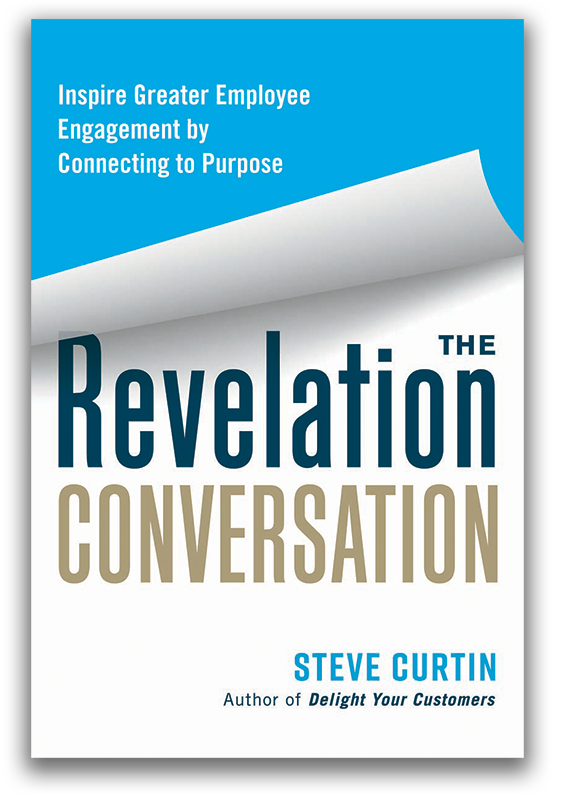 Yesterday morning, I brought two of my children, ages seven and five, to school. As I approached the drop-off point at the very top of a steep hill, I noticed the car in front of me slide just a bit on the black ice covering the road.
Yesterday morning, I brought two of my children, ages seven and five, to school. As I approached the drop-off point at the very top of a steep hill, I noticed the car in front of me slide just a bit on the black ice covering the road.
When I tested the brakes, I felt my own vehicle slide and thought better of descending the hill. At that point, I made a left-hand turn into the driveway of a home that faced the school in order to turn around.
It was then that a man emerged from the home, charged to the passenger side of my vehicle, and began shouting at me through the window.
My memory of exactly what he said is a bit sketchy. The moment was quite surreal and his first few remarks were muffled by the closed window and cheerful holiday music playing inside the car.
The gist of his rant was that I was being a jerk for pulling into his driveway in order to turn around.
I do recall him saying that I “should be ashamed” of my behavior—which I thought was a bit ironic given the conniption he was having in front of me and my young children.
About this time, I pulled my wreath-adorned vehicle to a stop at the curb in front of his house and lowered the passenger window.
As his tirade continued, I noticed he was wearing a uniform shirt with a Burt logo. Burt is an automotive group located in the Denver area.
Although I bought my Ford SUVs elsewhere, I’ve spent thousands of dollars over the years at a Burt Ford dealership not far from my home.
When he paused his verbal attack for a moment to catch his breath, I asked him if he worked for Burt.
He shouted defiantly, “Yes I do!”
I then said, “It is you who should be ashamed of the way you are representing your employer right now.”
Here’s the deal: From the moment you or I associate ourselves with an employer (e.g., uniform, name badge, desktop image on a laptop, logoed bag, company vehicle, etc.), we are a reflection of that employer—for better or for worse.
If you get cut off in traffic by a truck associated with a local supermarket chain, you may hold the supermarket responsible for the employee’s reckless driving.
That’s one reason so many company vehicles have a notice on the back end providing a toll-free number, a vehicle number, and requesting feedback on the driver’s performance. It’s an accountability measure.
Apparently, the angry homeowner felt no sense of accountability for his actions. Certainly he would not talk to a Burt Automotive Network customer that way at a dealership, would he? Perhaps he mistakenly thought he was not yet on duty?
That’s a shame because the reality is that from the moment we don a uniform or, in some other way, associate ourselves with an employer, we are on duty in the eyes of the customer and our personal conduct is a reflection of that employer.
From now on, whenever I think about Burt Automotive Network, I’m going to think of this angry man shouting at me for turning around in his driveway in order to avoid descending an icy slope with my young children.
And that doesn’t bode well for future purchases or positive word of mouth/referrals from me.
In the Charles Dickens story, Ebenezer Scrooge came around in the end and recognized the error of his ways before driving his friends and family away forever.
Let’s hope the first of three spirits visits this angry Burt Automotive Network employee sometime soon before he does the same with any more customers.

